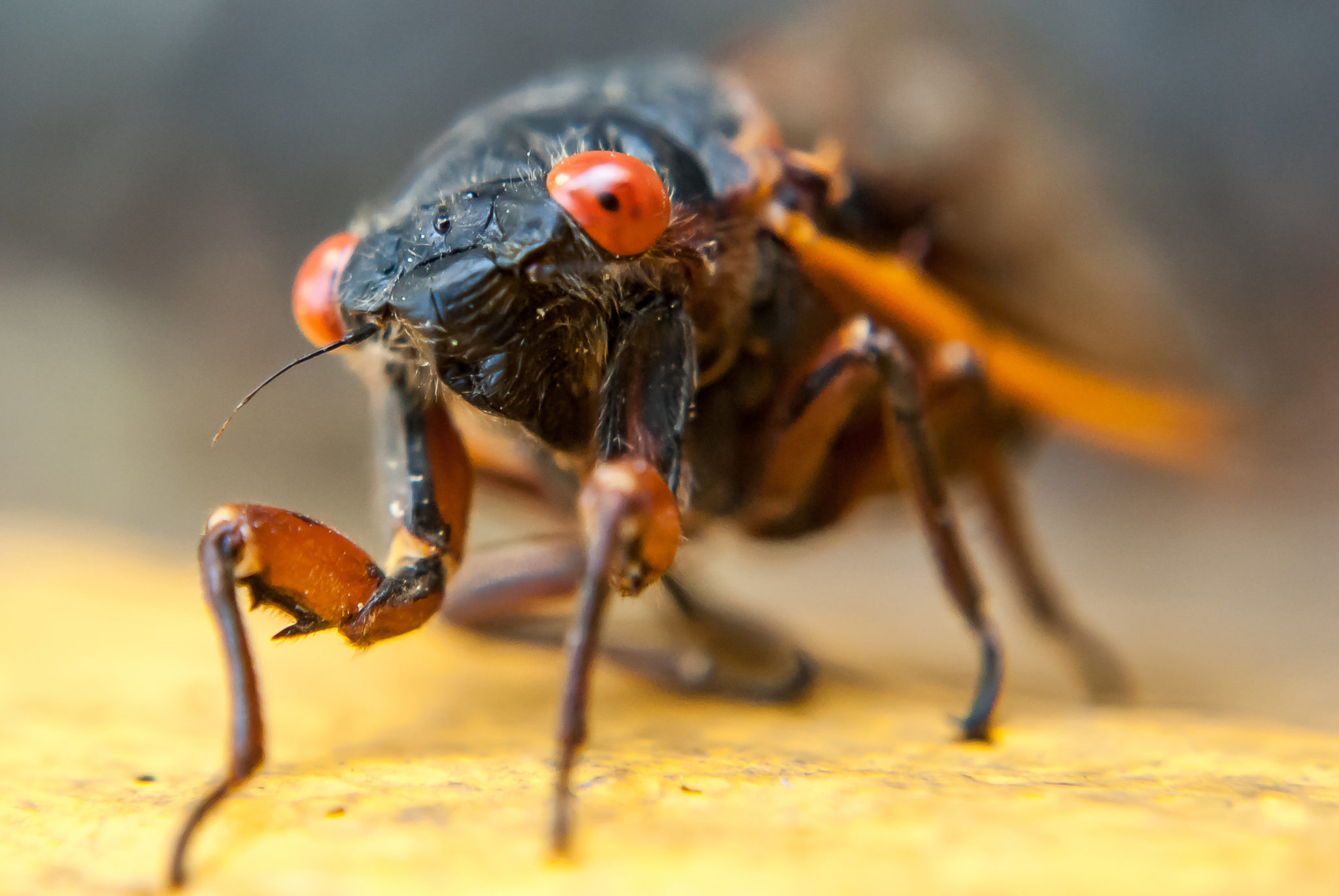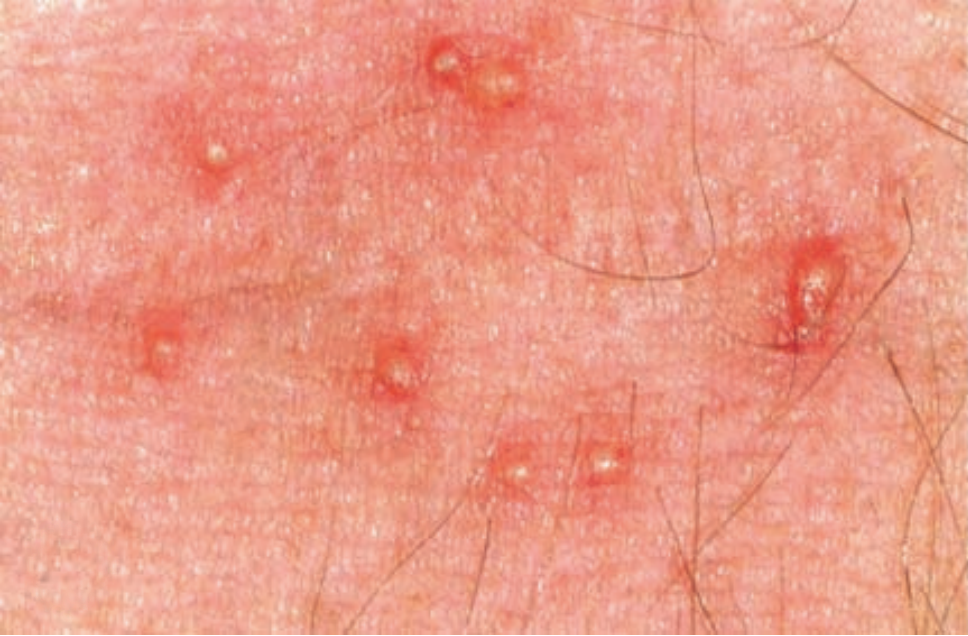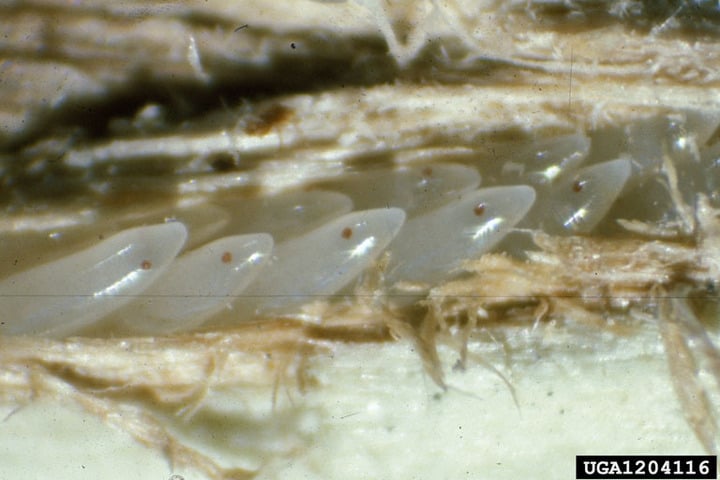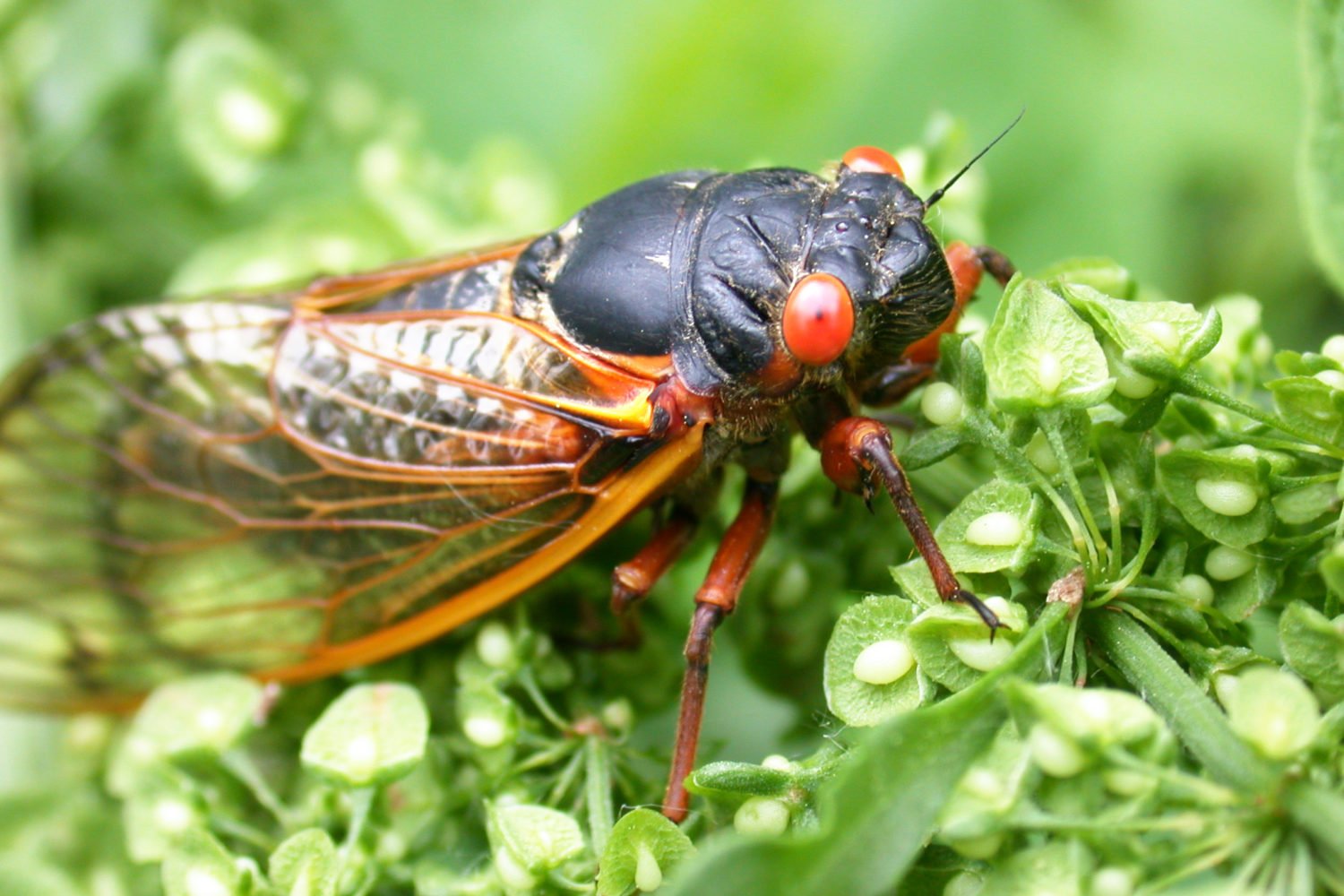Eardrums across the country will be serenaded by the sweet sounds of cicada chirps this summer, as two separate broods are set to make an unprecedented emergence—but not in the DC region, experts tell Washingtonian.
Brood XIII, which comes out every 17 years, and Brood XIX, which emerges every 13 years, are both set to pop out of their underground hiding spots this summer.
That’s the first time their arrivals have synced up in 221 years, and the broods’ habitats converge in Illinois. That will give researchers an exciting opportunity to study their potential mating compatibility, George Washington University biology professor John Lill tells Washingtonian.
However, because of cicadas’ migration patterns, the critters aren’t likely to make their way to our region, according to Georgetown University biology professor Martha Weiss, Lill’s longtime research partner.
“The males will congregate in trees meters away, but they’re not flying across town, they’re not going to the DMV area,” Weiss says. “What’s gonna happen is that humans who wanna see this are gonna have to fly to Chicago. June 10th in Chicago is going to be CicadaFest.”
As Weiss explained, cicadas burrow back underground shortly after hatching, biding their time for their 13-year—or 17-year, depending on the species—cycle to begin anew. The DC region isn’t expected to see cicadas again until 2038, when Brood X, which caused much consternation among Washingtonians in 2021 (this publication alone got at least 24 articles out of the influx), is set to reemerge.
While Lill and Weiss plan to make the trip to the Land of Lincoln this summer to see the cicadas in person, those desperate for a local fix can go on a shorter road trip: Brood XIX is thought to exist in St. Mary’s County, Maryland, and parts of the Eastern Shore of Virginia, Lill says.


















